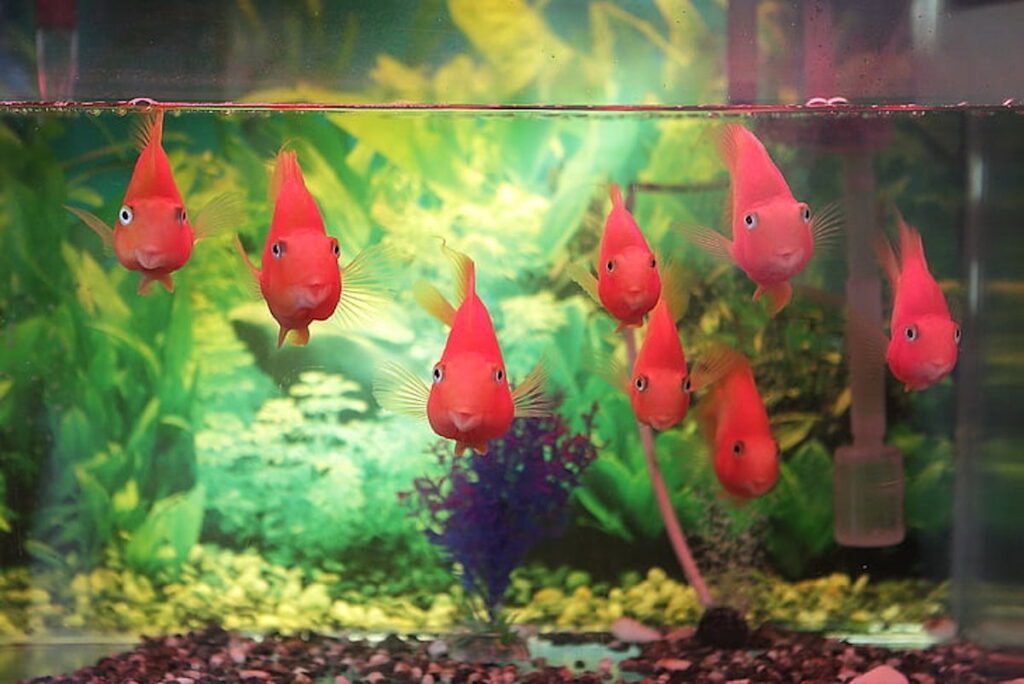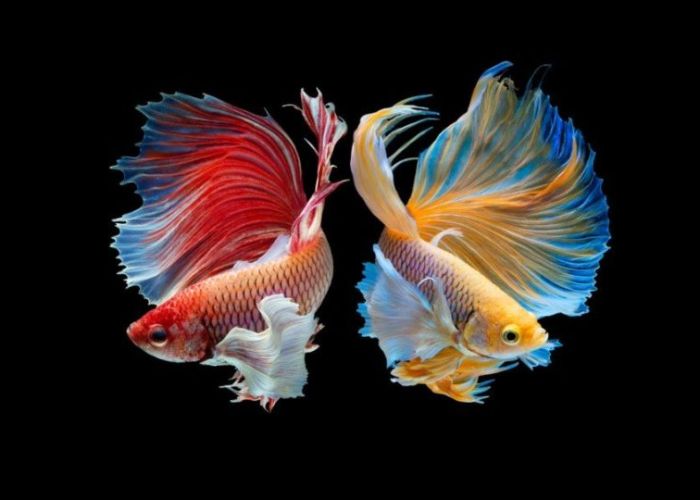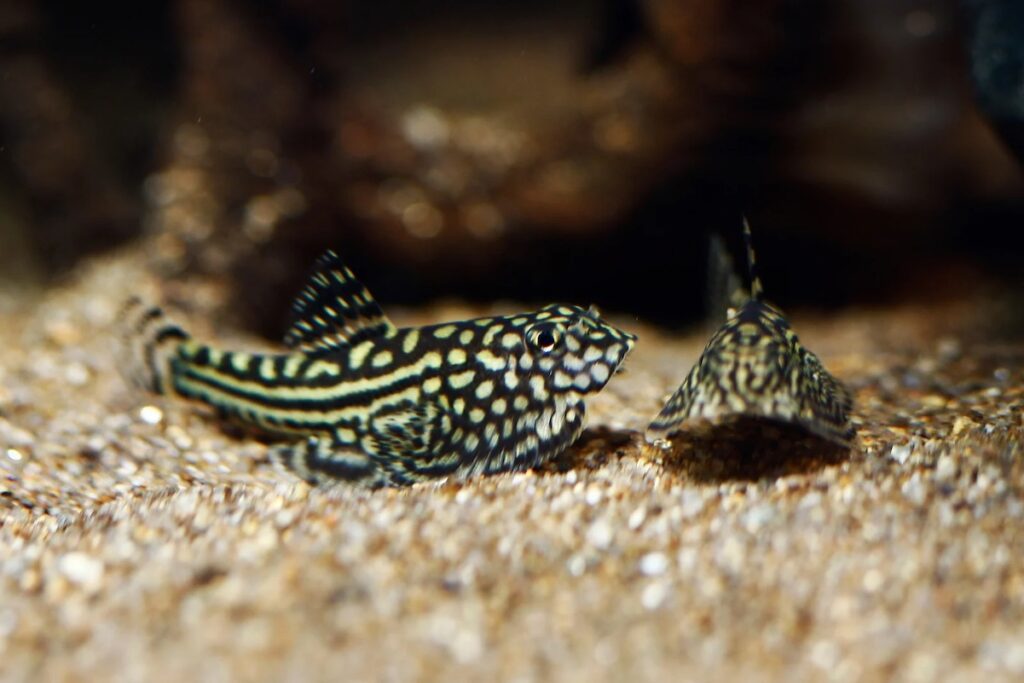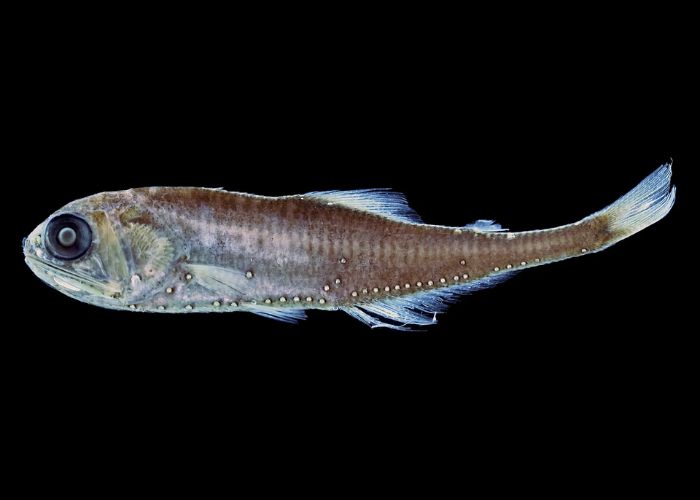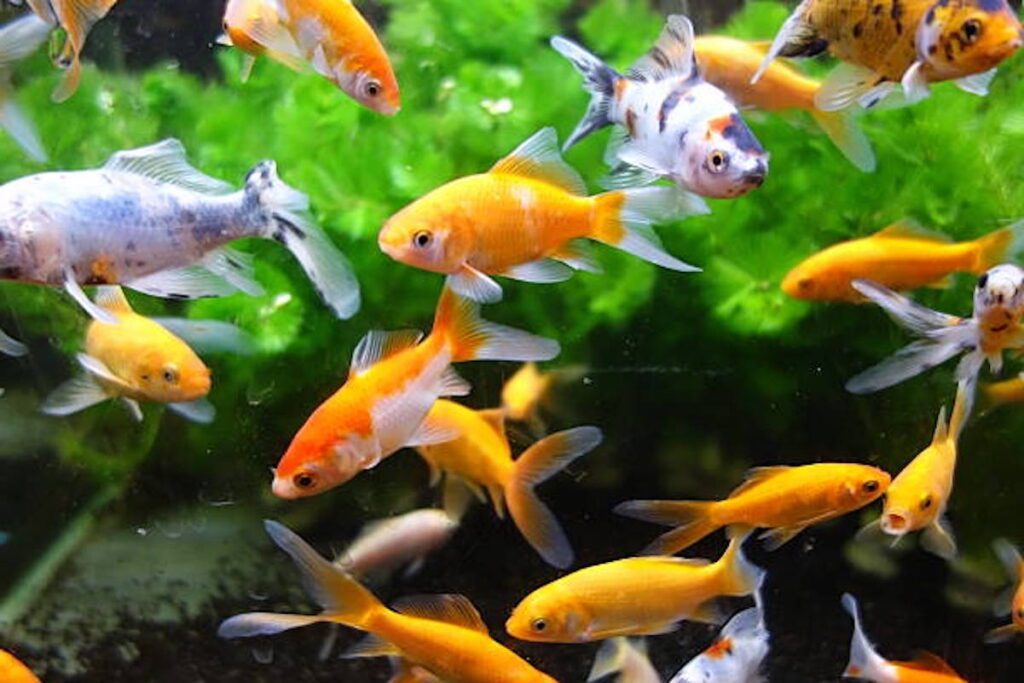Trusted Excellence in Fish Care & Feeding
Essential Tips for Proper Fish Care and Feeding
Welcome to FishClans, your go-to resource for all things related to fish care, feeding, and aquarium maintenance. Whether you are a beginner or an experienced aquarist, it’s important to understand how to properly care for your fish, from what to feed them to maintaining the right water conditions.

What Can You Feed Your Fish? Best Practices for Feeding Time
Feeding your fish the right food is essential for their health and overall well-being. Proper nutrition not only supports their growth but also enhances their colors and boosts their immune systems.
We delve into the most nutritious options and provide expert insights on feeding practices, especially following a water change.
Should I Feed Fish After Water Change? Understanding the impact of water changes on fish behavior and metabolism is crucial. While some fish may be stressed after a water change, others may benefit from a meal to regain energy. Check here- Should I Feed Fish After Water Change?
What Grains Do Fish Eat? Grains can be a healthy addition to your fish’s diet, but not all grains are created equal. Discover which grains are beneficial and how to incorporate them into your feeding regimen. , Check here- What Grains Do Fish Eat?
Can We Feed Flour to Fish? While flour may seem like a convenient option, it’s important to understand its effects on fish health, follows- Can We Feed Flour to Fish?
Best Aquarium Filters and Equipment for a Healthy Fish Tank
A well-maintained aquarium is crucial for ensuring your fish have a clean and safe environment to thrive. Proper filtration and oxygen levels are essential components of a healthy aquatic ecosystem.
In this section, we’ll explore our top recommendations for aquarium filters, discuss how long you can safely leave your fish tank filter off, and clarify the role of bubblers in oxygenating your tank.
Why Filtration Matters
Filters play a vital role in maintaining water quality by removing toxins, uneaten food, and debris. A reliable filtration system not only keeps the water clean but also helps establish beneficial bacteria that break down harmful substances, creating a balanced environment for your fish.
Key Considerations for Choosing an Aquarium Filter:
- Type of Filter: There are various types of filters, including sponge, canister, and hang-on-back filters. Each has its advantages depending on tank size and fish species. Researching the best fit for your specific setup can greatly improve water quality.
- Flow Rate: Ensure that the filter’s flow rate is appropriate for your aquarium size and the specific needs of your fish. Some species prefer calmer waters, while others thrive in more turbulent conditions.
- Maintenance: Look for filters that are easy to maintain and clean, as this will save you time and ensure your fish stay healthy. Regular maintenance schedules can prevent buildup and prolong the lifespan of your equipment.
Featured Blogs:
Do Bubblers Add Oxygen to a Fish Tank?

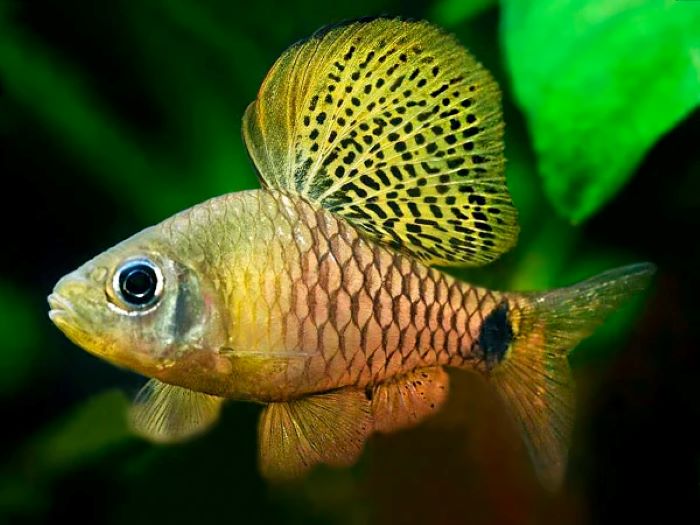
How Light and Temperature Affect Your Fish’s Behaviour
Light and temperature are crucial elements that significantly influence your fish’s well-being and behavior. Understanding how these factors interact with your aquarium environment can help you create a thriving habitat for your aquatic companions.
The Role of Light:
Light is not just about visibility; it plays a vital role in regulating fish behavior, activity levels, and even breeding cycles. Fish are naturally adapted to specific light conditions in their native habitats.
Too Much Light: Excessive lighting can lead to stress, as many fish prefer shaded areas to retreat to. It can also promote algae growth, which can further affect water quality and your fish’s health.
Too Little Light: On the other hand, insufficient light can hinder natural behaviors and affect the growth of aquatic plants, leading to a less vibrant ecosystem.
Quick-Access Aquarium & Fish Care Guides
Jump straight to in-depth articles on species care, tank maintenance, breeding and more at FishClans.com.
Our recent blog posts
Explore the Depths: Delve into Our Latest Blog Posts for Expert Insights!

